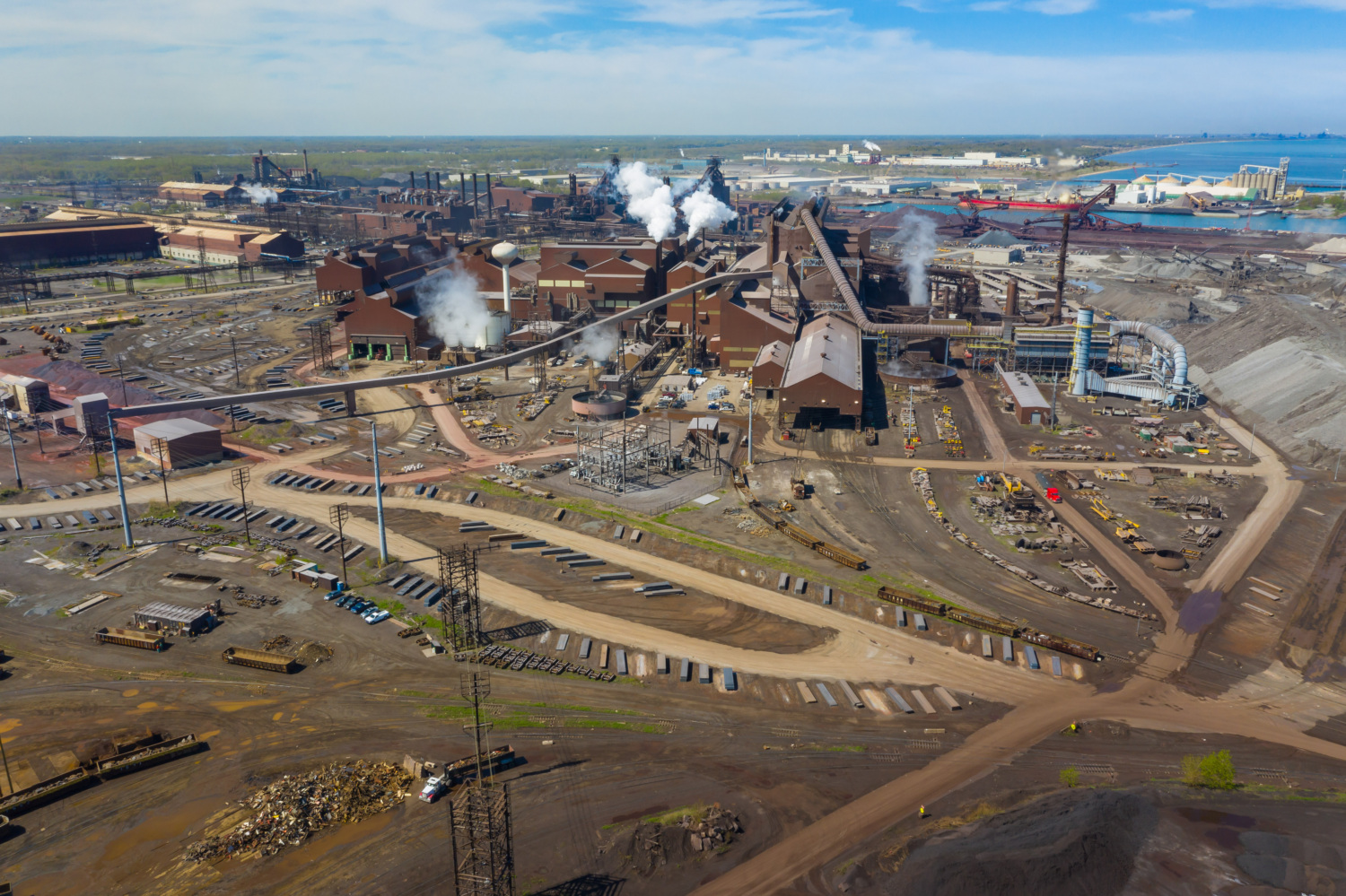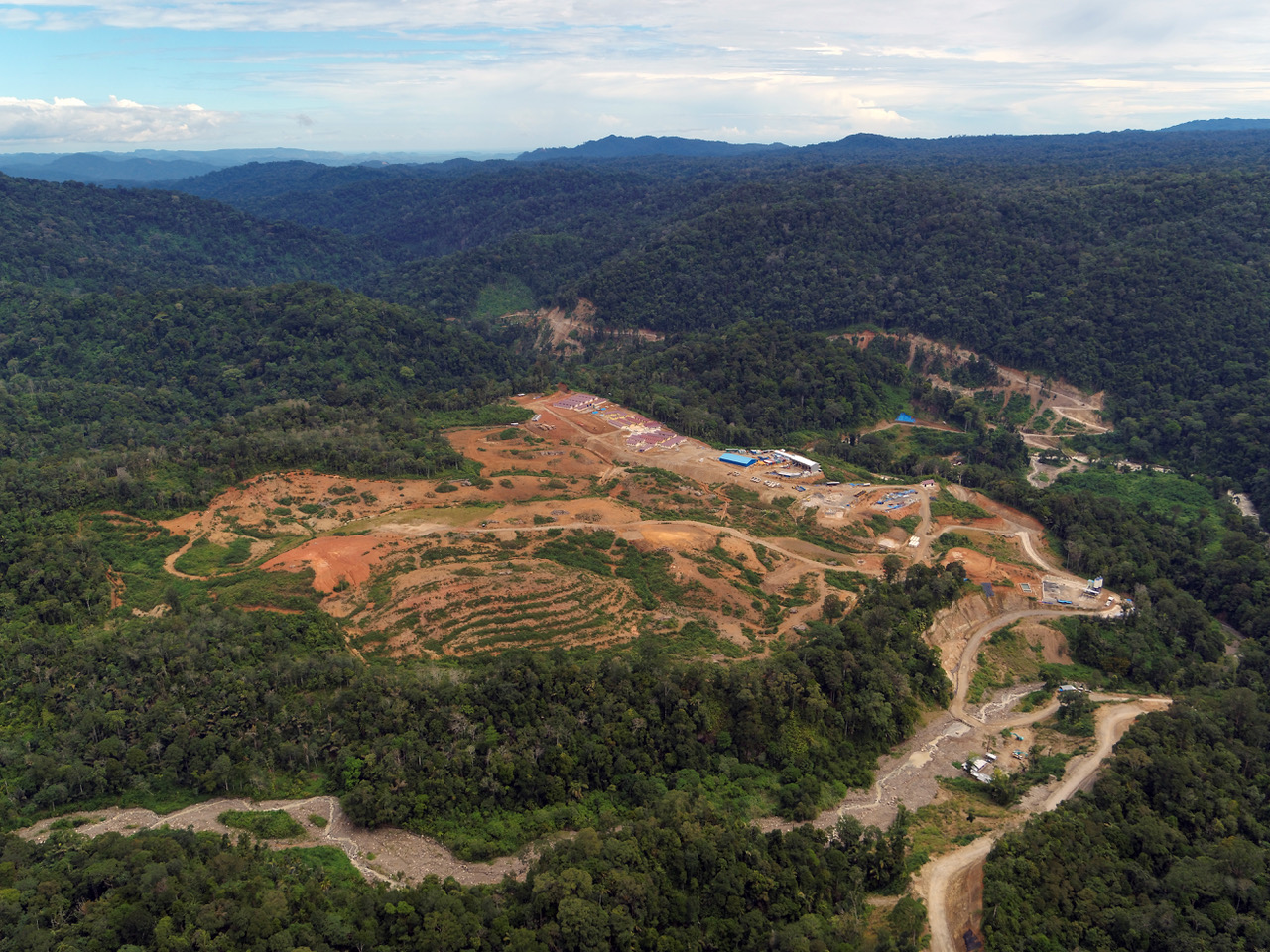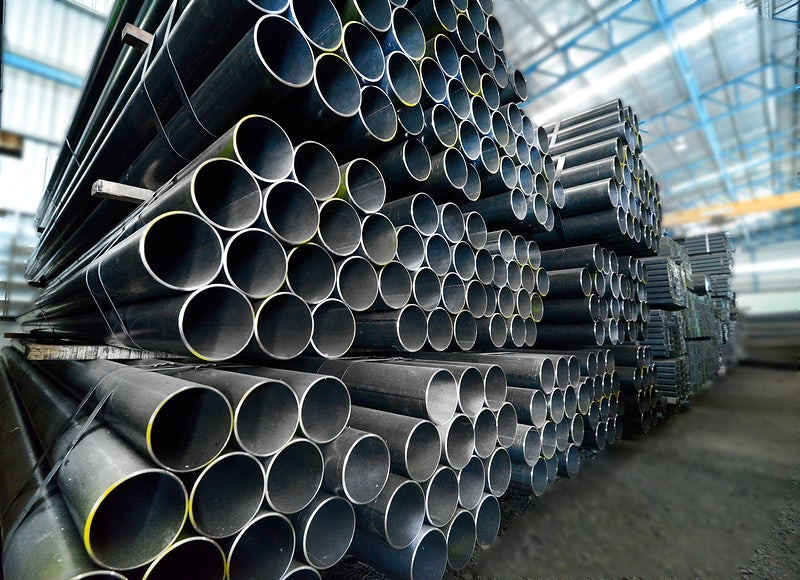
Sumitomo Doubles Down on Coal, Releases More Rhetoric on Sustainability
Japanese conglomerate plans to continue work on disastrous coal plant project in Bangladesh despite climate, public health, budgetary, and environmental concerns
WASHINGTON, DC and TOKYO – Environmental organizations are criticizing Sumitomo Corporation, a Japanese conglomerate, after it failed to announce any new concrete actions to address climate change or end its investments in fossil fuels. Sumitomo issued a revised climate policy (Eng. translation) just before its June 19, 2020 shareholders meeting, committing the company to “carbon neutrality” by 2050. However, Sumitomo signaled no intent to abandon its involvement in coal, including the construction of the much-maligned Matarbari Coal Plant project. Mighty Earth had called upon Sumitomo to announce a concrete coal-phase out plan by its 2020 shareholder meeting and immediately end its involvement in new coal plants.
With revenues heavily impacted by COVID-19, Sumitomo Corporation announced to investors in May that it would “execute drastic structural reforms for each of our businesses and the Sumitomo Corporation Group as a whole, including the review of our strategies on portfolio management for increasing corporate value and the enhancement of sustainability management.” The revised sustainability and climate policies (Japanese) were long on rhetoric but short on action.
“On climate change, Sumitomo continues to resist making actual change,” said Roger Smith, Japan Project Manager for Mighty Earth. “Despite crashing coal prices, low energy demand, and an international movement towards ‘green recoveries,’ Sumitomo is doubling down on fossil fuels. Sumitomo needs to exit coal and end their involvement in coal plants, including Matarbari in Bangladesh where they lead the construction.”
“Sumitomo released a climate policy in August 2019 that has been proven to be largely meaningless,” said Smith. “The policy has loopholes that allow Sumitomo to continue building new coal plants it deems ‘essential,’ including dirty projects that should be abandoned, like the Van Phong I coal plant in Vietnam. Their policy doesn’t even cover building coal plants for other companies, like the Matarbari coal plants in Bangladesh.”
This week Sumitomo amended their climate policy to include a goal of achieving carbon neutrality by 2050, which would cover its energy businesses, but left in loopholes allowing them to continue to develop coal. The actions Sumitomo takes now will determine whether or not they can reduce their emissions in time.
“Sumitomo set a date to reduce emissions that is 30 years in the future without interim goals or even a timeline to develop a plan. This is too little, too late,” said Smith. “Sumitomo needs to amend their policy to completely shut the door on new coal and phase out existing coal plants globally by 2040 to meet the goals of the Paris Agreement.”
“Bangladeshi people have as much right to clean energy and clean air as people in Japan, but Sumitomo Corporation’s climate policy loophole risks locking in decades more polluting coal power,” stated Munira Chowdhury, Bangladeshi citizen and Analyst for Market Forces (an affiliate project of Friends of the Earth Australia).
“Pollution from the Matarbari Coal Plant (Phase 1) is estimated to cause up to 18,000 premature deaths during its operational years,” said Hasan Mehedi, Member Secretary, Bangladesh Working Group on External Debt (BWGED). “Bangladesh’s air quality has already been ranked among the worst in the world. I think Japanese citizens would be outraged to know their tax money will end up hurting and even killing people in Bangladesh.”
Environmental organizations with the international No Coal Japan coalition published a “10 Reasons Why Sumitomo’s Matarbari Coal Plant is a Terrible Idea” about the over-budget, behind schedule Matarbari project in advance of Sumitomo’s AGM, with heavy promotion on social media.
“Everyone knows the Matarbari Coal Plant is an overbudget, shortsighted boondoggle,” said Smith. “For Sumitomo to double down and be involved in building a second Matarbari Coal Plant is baffling.”
“There is already enough electricity, and renewable energy is cheaper than coal in Bangladesh,” said Yuki Tanabe, a program director for Japan Center for a Sustainable Environment and Society (JACSES). “The Government of Japan should not provide aid support for the climate-destroying Matarbari phase 2 project, and Sumitomo should not participate in any additional construction.”
Sumitomo had previously told investors that the company would “continue to closely monitor international efforts and changes in the business environment, and will revise the [climate] policy as appropriate,” leading to speculation that the company would announce concrete new actions in 2020.
“We are disappointed Sumitomo has failed to show greater leadership on climate change. The COVID-19 crisis provided a perfect opportunity to dump unprofitable coal businesses and pivot to clean energy. It’s time for Sumitomo’s investors to ask when company leadership will issue their roadmap to exit coal,” concluded Smith.


